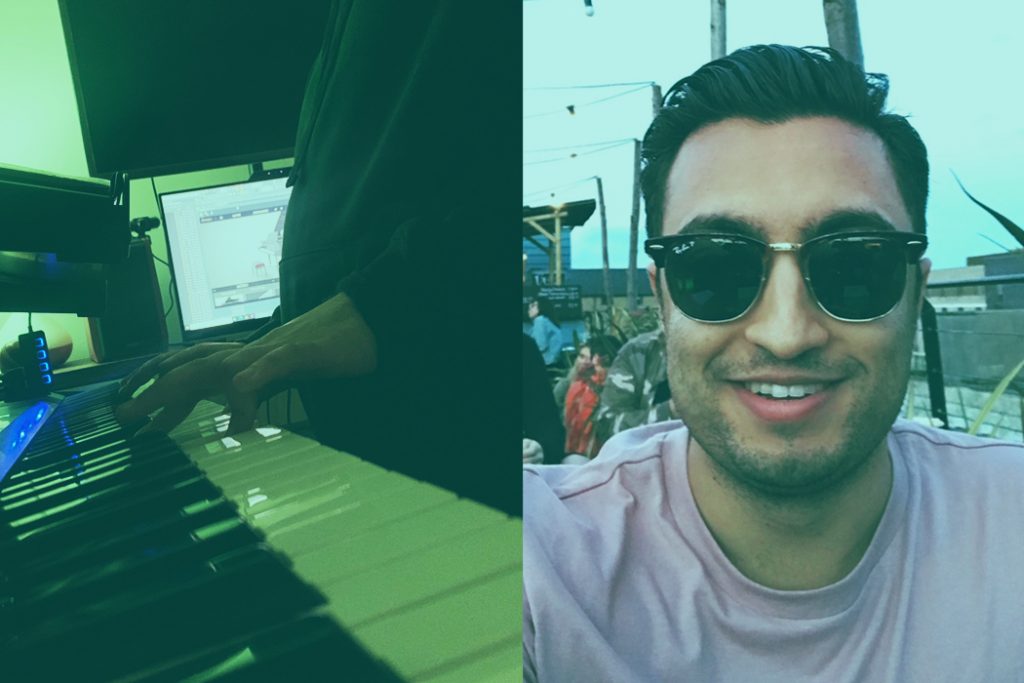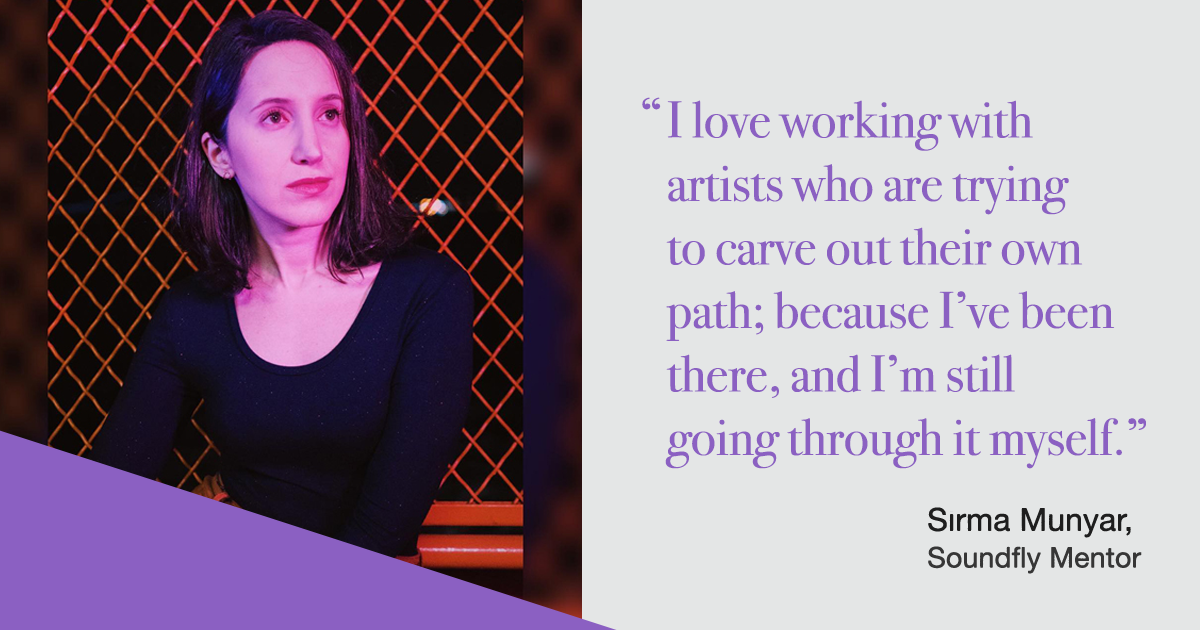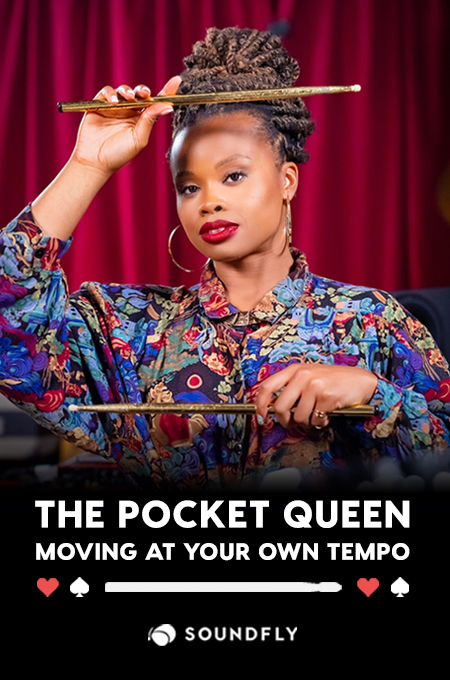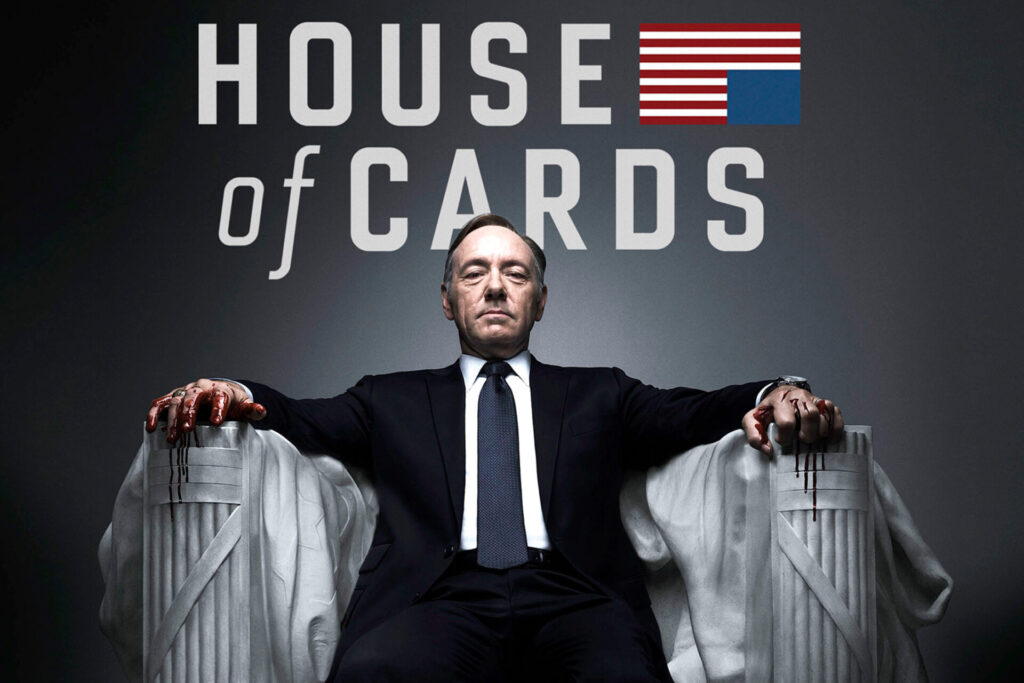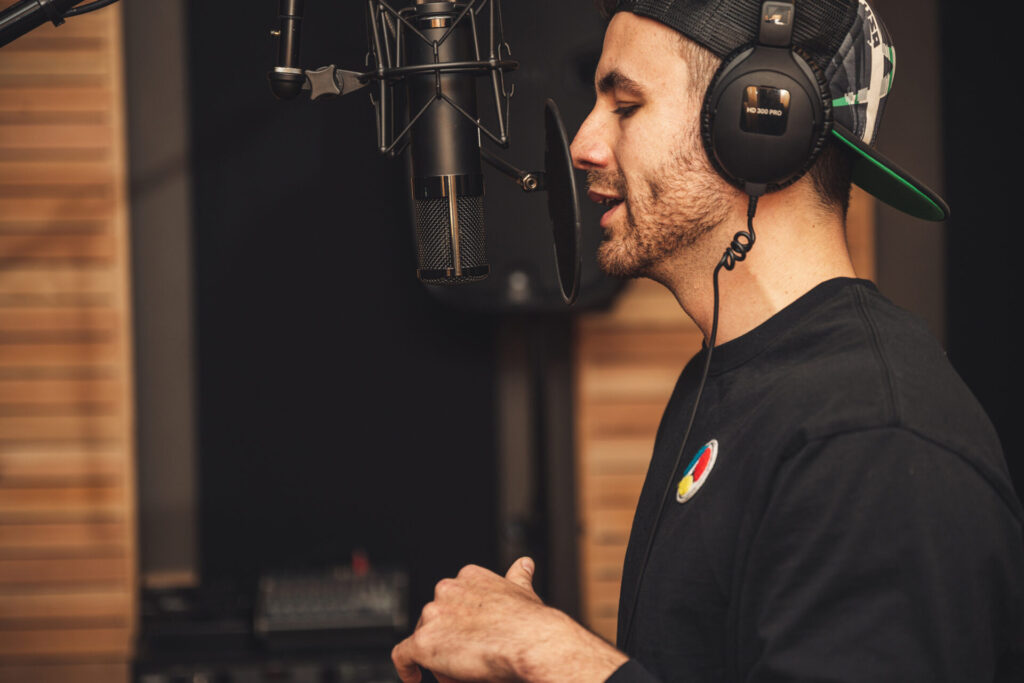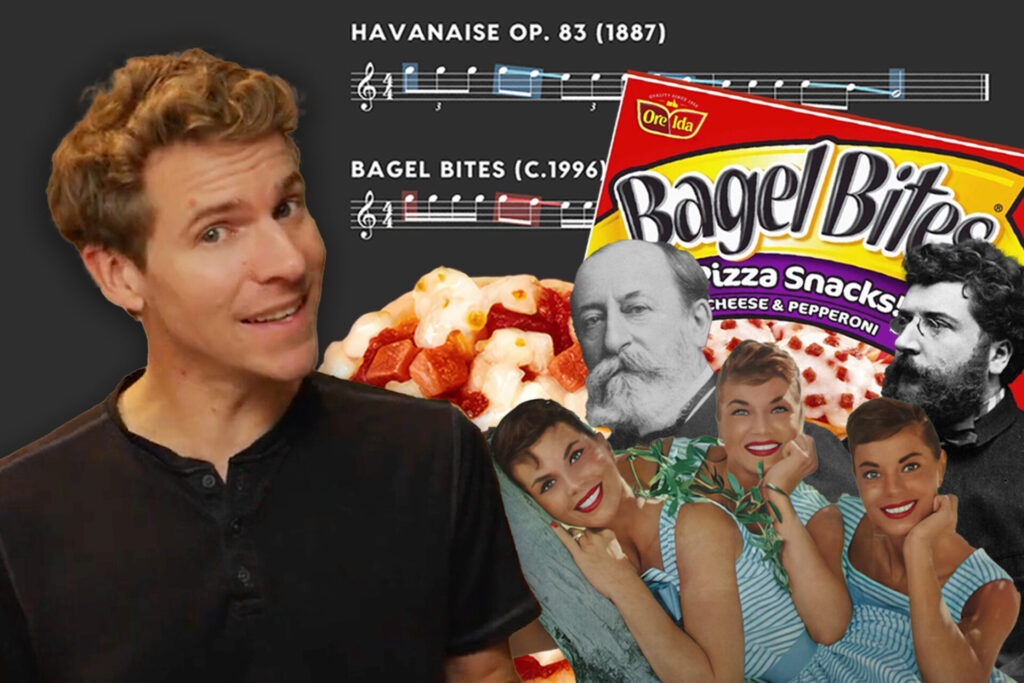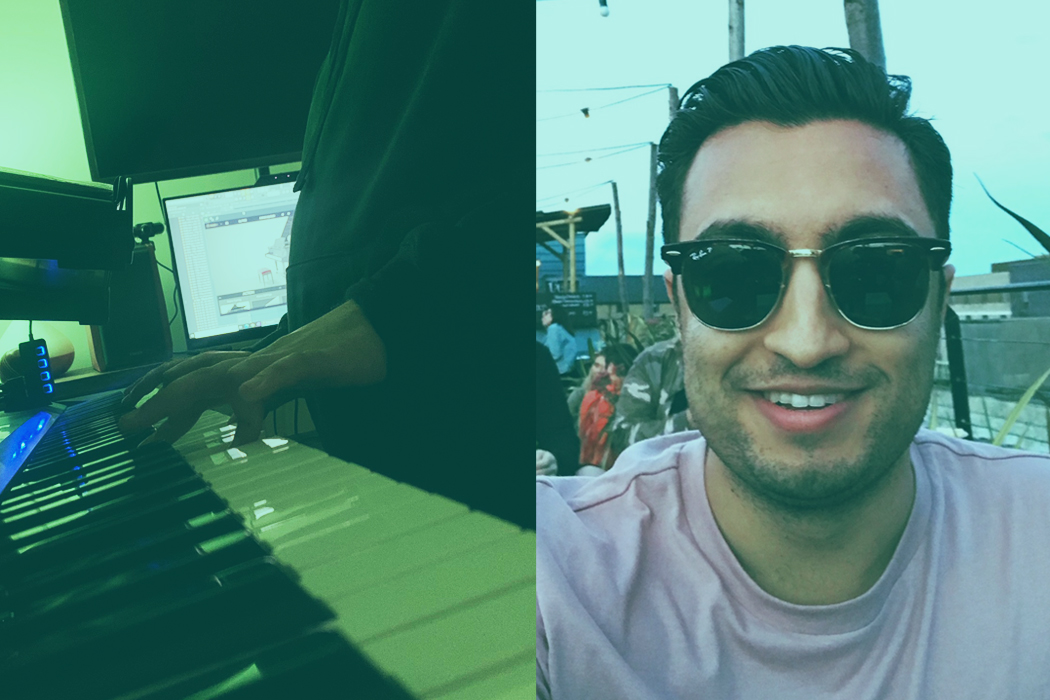
“Finding one’s sound” is one of the most challenging, amorphous things an artist must consciously set out to accomplish. And that’s because what that even means to begin with, is different for every single artist on the planet.
Is one’s “sound” an instrumentation thing? A vocal range? A set of tight restrictions? An ethos or perspective on the creative process that’s unique to them? And perhaps most confusingly, when one actually does come to a place of confidence and surety about their “sound,” who’s to say that that won’t eventually change, or that it can’t or shouldn’t, over time?
These questions are currently burning through the brain of singer, songwriter, and increasingly adept home producer, Zubair (Zubair Arshad), who found himself on Soundfly a little while ago in an attempt to achieve that elusive goal, both through active online coursework and inner-seeking experiences working with a mentor.
The results of a ton of that work can be found on his spectacular first album, Fairytales, a kaleidoscopic pop record with Zubair’s songwriting voice installed right in the center.
And yet, despite all that hard work, in our interview below, it became quiet clear that Zubair feels as though finding his sound is going to be a lifelong pursuit; and that the songs on this album are really just a rest stop on that long road ahead. And he’s pretty cool with that, too.
Take a listen to his 2021 full-length album, Fairytales, below, and read our highly enjoyable chat beneath.
Q: You recently released your first album, Fairytales. Congrats, it’s a super interesting collection of tunes that spans a few different sound palettes, sometimes upbeat and sometimes sombre, but there’s definitely a through-line connected by your vocals and lyrics. What, for you, connects these songs?
A: Thank you, I think one of the biggest challenges I faced, as a novice songwriter, was finding my voice. I didn’t really know what that meant, and couldn’t find a good definition to guide me. I, rightly or wrongly, thought that a big part of finding your voice, was to pick and stick with a particular genre of music. However, I really didn’t want this to be a barrier to creativity, and chose to remain fairly fluid with the genres I produced, as well as trying to adhere to the principles of pop.
Also, after studying a lot of pop songs (and using many of them as production references) I realized that pop has the amazing ability to take what it needs from any genre to serve the song. Whilst some of the musical choices have come about because of my own constraints (i.e: if I couldn’t create a good bridge, then I would fall back on writing a guitar solo instead), I really enjoyed the fact I didn’t have to stick to writing to a particular sound.
Ultimately, what connects the songs is that they have been created by me. I realized this when I looked at some of my favourite artists, and the times when they’ve adopted a genre — no matter how much they imitate, it will always sounds like them. Like when The Beatles did ’50s/’60s R&B, or when the Bee Gees moved into disco — it still sounds like them.
“A lot of songwriting is trying to solve the puzzle between what you need phonetically to land the melody, and what you need lyrically to keep the listener engaged, and I’m quite happy with where I’ve landed between those.”
Lyrically, what are some of the themes and stories you’re exploring with these songs?
The overall narrative of the album is the growth (and demise) of a relationship. All the songs I attempted to write from one point of view, trying to be as vulnerable as possible with the lyrics. A lot of songwriting is trying to solve the puzzle between what you need phonetically to land the melody, and what you need lyrically to keep the listener engaged, and I’m quite happy with where I’ve landed between those.
Speaking of your songwriting, what is your songwriting or production process like exactly? What elements do you start with and how do you build your tracks?
Having never written a song before 2019, I could never get a straight answer from those who I asked, or interviews with artists that I had read, about what comes first in writing a song; the melody, the lyrics, or the instrumentation.
But what has worked for me personally has been to come up with a chord-based loop that has some atmosphere or personality to it, and pair it with a drum loop that has a groove. I often find loops online (such as Splice) or come up with progressions on the piano or guitar.
Once I have a few I like, I take time away from any DAW and sing melodies (top-lines) over the loops, making sure I don’t edit or judge them at the time. I’ve found that if I sing some lines or words I’ve written in my notes, they lead to more natural and better melodies. I’ve never been able to “think” of a melody without at least some element already existing. I think creating music needs some sort of interaction, and I’m quite sceptical about those who dream up entire songs in their mind.
“This “assembly line” way of writing has really worked for me, and I’m glad to have come across it early enough in order for me to improve the pace with which I now move through it.”
I’ll then revisit a few days later and begin sorting out melodies both in terms of quality, but also whether I can place the melodies into either a verse, pre-chorus, or chorus. I do have a lot of discarded efforts where I don’t feel I’ve created a good enough melody, but when I do have a melody for all the parts of a song that I’m happy with, then that’s where the hard work begins.
Next, I’ll flesh out some scratch lyrics for the melody, and as I’ve become more disciplined over time, I’ll continue to work on the lyrics to at least a second or third draft. I’ve learned the hard way that this way saves time when it comes to recording vocals (before I used to record a scratch vocal and spend too much time re-recording and producing the vocal).
Once I have lyrics I’m happy with, I record the vocals and begin working on the production. This “assembly line” way of writing has really worked for me, and I’m glad to have come across it early enough in order for me to improve the pace with which I now move through it.
You worked heavily on your songwriting and production over the last couple years in Soundfly mentorship sessions. In particular, it was SIRMA who convinced you originally to work on your singing and produce your own vocals. I have to admit I absolutely love your singing voice! How did SIRMA help you work through that?
SIRMA was so helpful and patient with me. I came to Soundfly with a very precise but over-simplified objective of ‘”I want to write a song,” having had no experience, no understanding of what makes a song, and in my mind, extremely limited talent. SIRMA made it really clear that this wasn’t going to be possible unless I started singing (even if it was just to perform on a demo track), and she was absolutely right.
There’s no way I could have made anything believable without doing so.
SIRMA’s coaching was key to this as initially she had me speak the lyrics, rather than sing them. That helped me get over my lack of confidence, because it’s only by hearing a song that you can get some sense of what needs to improve. Although our sessions were quite brief, they have had the biggest impact on me, as two and half years later, I’m still writing and singing.
In a followup session with another mentor, Mahea Lee’s advice helped you focus and execute your lyrical goals — what things did Mahea teach you during that session that you’re still using today?
I would say lyric-writing is my biggest weakness, and not knowing how to improve my lyrics is my next biggest weakness. Mahea really helped me get into the technicalities of how language is perceived and what words can evoke images.
It was really valuable to have an expert helpfully explain the various ways you could have different perceptions on two similar lines; even if the only change is one word, or the emphasis of delivery. It certainly is a craft, and I’ve been given a good start on how to improve.
“It was really valuable to have an expert helpfully explain the various ways you could have different perceptions on two similar lines; even if the only change is one word, or the emphasis of delivery.”
When you started the mentorship session, what did you look to get out of it, and how did you feel coming out of it?
One of the main aspects I was excited about when starting with Soundfly was to be in touch with those who were already artists and had experience in writing music. I had no reference points or people I could learn from in my existing network. Having people I could speak to and ask the “stupid questions” has been highly invaluable. I came out of these sessions with a lot more confidence; and with a sense of direction.
+ Learn about Soundfly’s goal-oriented custom mentorship program here, and fill out a quick form if you’d like to get paired with a mentor to improve your skills!
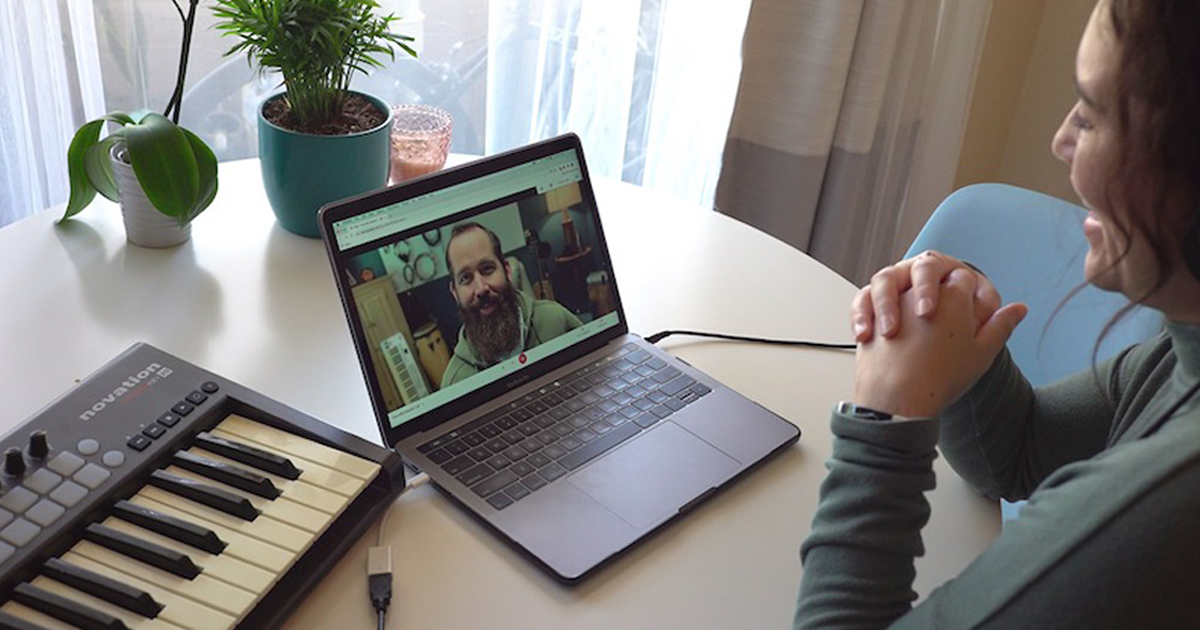
Have you had any other powerful revelations on Soundfly since being an active member of this community?
I think the most important revelation was that you only need to write one song to get going. By then, you have something in front of you to discuss, dissect, and ultimately improve on. I don’t think I would have had the confidence to create, never mind sing, without the encouragement of my Soundfly mentors.
I’m impressed that Fairytales is a home-produced and largely solo album, with the diversity of elements that collide here, really astounding work. How do you approach arrangements?
Arrangements were definitely one area I could take comfort in, in the sense that, the main challenge of writing music is “how do you make all of the variables come together and make a song?” For me, starting with a formulaic arrangement (such as Verse/Pre-Chorus/Chorus with a bridge added) was really helpful because I could then listen and change or adapt, rather than not having any sense of arrangement to start with.
As I continued to write and produce, I got more confident and introduced more instruments (such as strings and brass), by getting my ideas from songs that I love or artists that I admire.
However, even when I’m initially satisfied with the arrangement of a song, I’ll take a break, and listen to it again right before bed, away from the DAW, making notes as I’m listening. This always inspires improvement and changes for the better, as it becomes really obvious where certain elements haven’t worked, or if the song has become boring or lost energy in some places.
Who would you say are your biggest influences and why?
I grew up listening to popular music from across the last 50 years. In my teens, I became a big fan of hip-hop and UK indie rock. Kanye West’s College Dropout was the first album on my iPod and a breath of fresh air as “backpacker rap” moved more into the mainstream. I think the melodies used in his music definitely gave it that pop sensibility which resonates with so many listeners, but Kanye’s lyrical edge is definitely also a big influence.
I’m a big fan of lyrics with a smart turn of phrase, often delivered tongue in cheek, along with a sense of humor. That’s why my other two big influences are John Lennon and Alex Turner. Both of them knew/know how to craft a pop song and I’ve picked up on some of the structures they use throughout their writing, and definitely love the more abstract forms of lyricism they employ.
Making Fairytales, the Arctic Monkeys were an influence on me, as well as Frank Ocean, The Weeknd, and The Strokes. I’ve learned a lot from modern pop songs, and how they always try to introduce something different in every 8 bars of music. Maintaining and building excitement is one of the main things all of these artists do well.
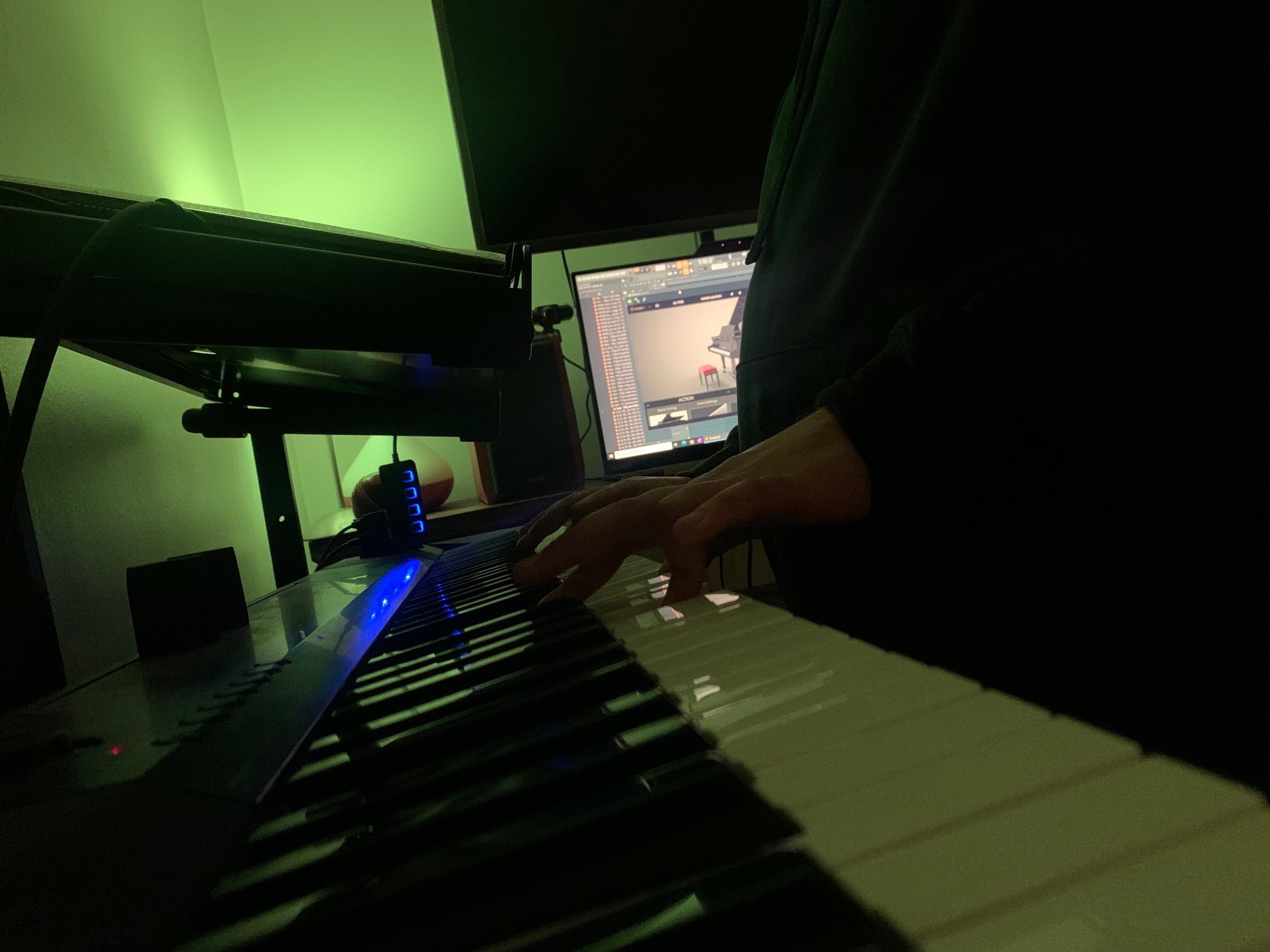
What are your favorite moments of this record and why do they stand out for you?
I sometimes listen back to the songs, and although I’m under no illusions that any of these are chart toppers, I’m still surprised at some of the melodies I have created. The title track, “Fairytales,” is definitely my favorite in the fact that it sounds closest to what I had in mind, especially the backing vocals. It’s the richest sounding song, and one that I don’t think I could improve any further.
Another favorite moment is the pre-chorus in “Never Be Enough,” as I didn’t think I’d be able to achieve the falsetto sound, but it came out really well. That’s another piece of encouragement I had at Soundfly (this time from Marty Fowler) who in our work together, encouraged me to try singing falsetto. I also really like the outro to “Where the Light Falls” as I wanted a Strokes type guitar melody to give the song a final kick in energy.
Finally, I would say “Belong to Me” and “The Last Thing You’ll Wanna Hear” are personal standouts because of how different the songwriting process was for each of them. I began with those song titles first, something I’d never done before, and then built the story and the song from those. I’m happy that I was able to achieve a complete track from where they started, and point to an evolution in my songwriting.
“I think continuing to write, with these goals in mind, should put me on the right path to releasing songs that are closer to what I ultimately envision.”
What’s next for you in the rest of this year?
There’s definitely a recognition that I need to improve my songwriting and production, and that can only be done by writing more and more. A large part of putting this album together and releasing it was so I could draw a line under the work and move past it.
I’d like to improve a number of aspects such as varying my vocal melodies (hitting new ranges out of my comfort zone), becoming more visual with my lyrics, and improving the final mix. I think continuing to write, with these goals in mind, should put me on the right path to releasing songs that are closer to what I ultimately envision.
Ready for a custom session of your own?
Soundfly’s community of mentors can help you set the right goals, pave the right path toward success, and stick to schedules and routines that you develop together, so you improve every step of the way. Tell us what you’re working on, and we’ll find the right mentor for you!
